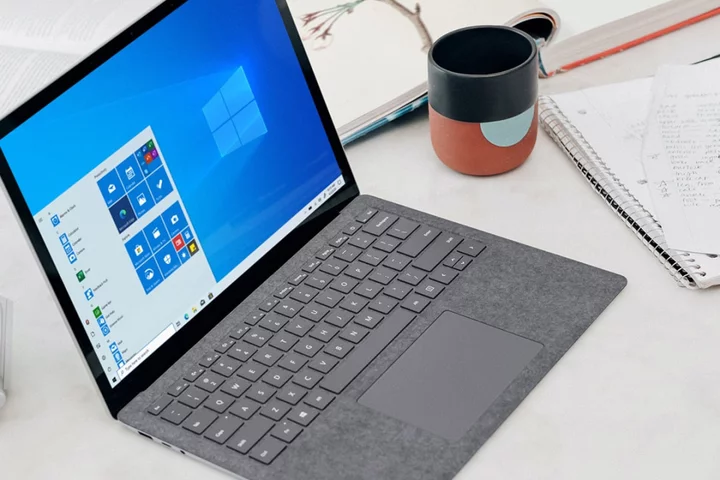Peloton Interactive Inc., the seller of upscale home-gym equipment, wants to be known as something else: a workplace perk.
The company is going after business clients — especially small and midsize firms — by making it easier for them to offer Peloton services to employees and customers. The push, called Peloton for Business, is an attempt to gain a bigger foothold in seven areas: hotels, corporate wellness, apartment buildings, education, health care and neighborhood gyms.
Peloton has been striving to broaden its focus after a post-pandemic slump ravaged its finances. Consumers have long associated the brand with in-home workouts, which became a problem after lockdowns eased and people headed back to offices and gyms. Peloton suffered an inventory glut, five straight quarters of sales declines and a stock rout that erased more than 90% of its value.
Under Chief Executive Officer Barry McCarthy — a veteran of Netflix Inc. and Spotify Technology SA who took charge last year — Peloton has been trying to meet customers where they are. That’s meant focusing more on its mobile app, which lets users do workouts without having to buy a Peloton bike or treadmill.
The business initiative is an extension of that strategy. Peloton is letting employers offer its app as a worker benefit, along with discounts on equipment and other features. The app usually costs consumers as much as $24 a month, depending on what options they sign up for.
As part of the push, Peloton is working with Sequoia to offer the benefit in that firm’s Wellbeing Bundles, a network of health and wellness providers.
Peloton also looks to sell more bikes to hotels, residential buildings and office gyms, which will offer them as a free perk. Already, the New York-based company made a deal with Hilton Worldwide Holdings Inc. to put 5,800 of its bikes in hotels. And it’s teaming up with the YMCA to get equipment into the nonprofit organization’s fitness centers.
Greg Hybl, previously an executive at American Express Co., became general manager of Peloton for Business this month. The operation is now rolling out across Peloton’s five markets: the US, UK, Canada, Germany and Australia.
The timing is right to push deeper into wellness perks, which businesses are clamoring for, Hybl said in an interview.
“We’re seeing unprecedented focus from businesses of all sizes on health and well-being of customers and employees,” he said. “We see a lot of organic demand for this.”
Corporate customers also can provide more reliability, something that’s been in short supply during Peloton’s recent years.
In its early forays into offering Peloton as a corporate benefit, the company has seen a retention rate of 93% year over year, said Joanna Lee, vice president of marketing for emerging businesses and business-to-business channels. And commercial customers — the hotels and other businesses offering Peloton bikes in gyms — typically sign up for three-year commitments, she said.
“It’s hard to introduce a benefit like Peloton and then take it away,” Lee said.









